Hi There, Partner: A workshop on communicating and collaborating across differences
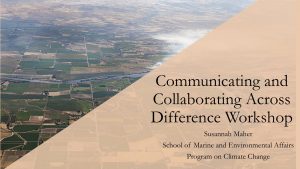
Talking to people about what you believe in is always hard, especially when they don’t have the same beliefs as you. It can be even more challenging with the daunting timelines from the IPCC in the background. Scientists can be better equipped to discuss climate change across political and ideological difference with more training on how to frame their argument. Developing relationships with different communities can allow scientists to address their research questions and local concerns in a team effort to address climate change. I developed a virtual workshop for my graduate certificate in climate science through the PCC that targets improving the capacity of scientists to communicate and develop collaborative relationships with rural communities.
More and more it seems like there is a rift between liberal and conservative views, especially on things such as climate change. Many articles have been written that delve into why this rift might be occurring. What is clear though is that there can be a disconnect between climate scientists and communities directly impacted by climate changes.
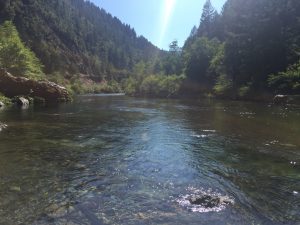
For me this was highlighted by my own experiences working in a rural area of northern California. A beautiful place called the Scott Valley. This region of California is dominated by large acreage properties mostly used as ranches or farms. The streams in the valley provide water for these livelihoods as well as habitat for coho and Chinook salmon. During the summer of 2019, I was working with local groups such as the Karuk Tribe, Quartz Valley Indian Community, and the Scott River Watershed Council (SRWC) to help understand how stream habitat restoration was improving salmon populations. All of the streams we studied were on privately owned land and as scientists and guests we needed to ask permission to enter onto the land before we could conduct any surveys. For me this really highlighted the importance of cultivating good relationships with the community you’re working with. Without the positive relationships and a whole lot of work put in by the Scott River Watershed Council, we wouldn’t have been able to do the work.
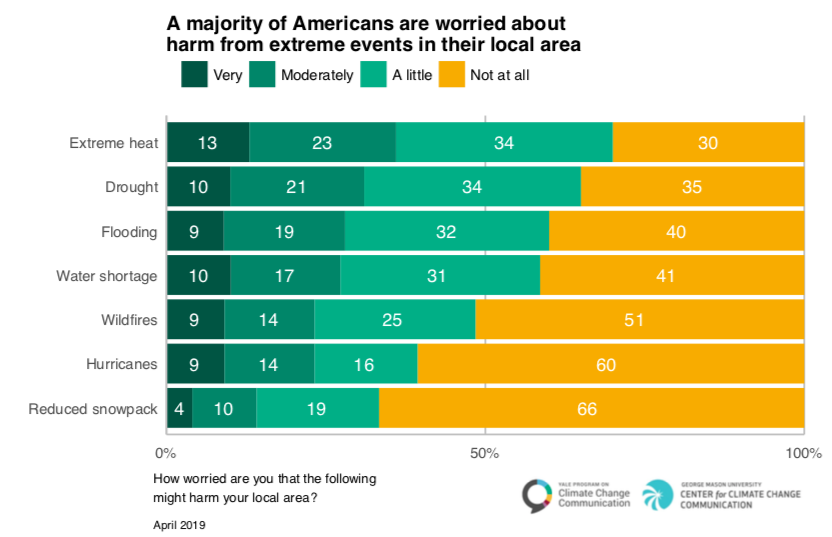
This experience got me thinking about scientists coming out of the University of Washington. Yes, they are highly competent and trained on techniques within their given field but how well are scientists prepared to talk about climate change with someone who maybe doesn’t buy into it the same way as them? Or are we prepared to build these complex collaborative relationships in areas such as the Scott Valley? Studies from the Yale Program on Climate Communication also informed me that many people are thinking about climate impacts, they just might not be thinking about their concerns as climate impacts. So, you’re a farmer and worried about droughts or flooding, well one step beyond that local impact is a whole discussion about climate change. It seemed to me that there could be some capacity gained in this area by scientists and with that the idea for a workshop to fulfill my PCC capstone requirement began!
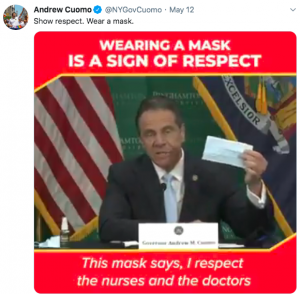
This workshop was meant to target tips for communicating climate change and to facilitate discussions around what it means to be a good collaborator with rural communities such as the Scott Valley. First, we discussed communication tips such as active listening, and making sure to discuss climate change as local issues and not global impacts. This method specifically has been shown to increase the likelihood of conservative buy-in (Feinburg & Willer, 2015). The final communication piece we touched on was how to reframe your own argument/ discussion points using the values of your audience. For this, I introduced the moral foundations theory. This theory was developed by behavioral psychologists who found that there are 6 basic foundations that influence how people view the world, make decisions, and what values we have as individuals. Through their work they also found a pattern between liberal and conservative people in the US. In the workshop I highlighted this difference to show how you can reframe ideas to fit the values of your audience.
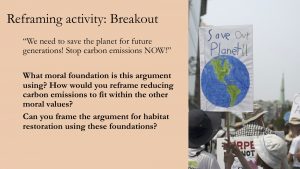
During the second part of the workshop, participants also discussed collaborating across differences. Not only do scientists need to be able to communicate with rural communities but they also need to be able to work with them in order to both address communities’ concerns and to further their own research. The point made during the workshop by participants is that it isn’t just a take, scientists also need to be able to give back. We discussed some ways that that might be possible. Examples ranged from including community experts in grant funding or co-writing a grant with them, using your network of experts to answer community questions, generating knowledge or documents that are usable for them not just a publishable paper, etc. There are many ways to be a good collaborator and the point that was made during the workshop is that you need to be willing to listen and communicate.
This workshop was an excellent jumping off point and, in the future, I highly recommend offering this workshop to the PCC community again. The ability to collaborate on and communicate climate change isn’t an innate skill that scientists have. Workshops focusing on those skills will create scientists that are well equipped not only to conduct scientific studies but also to interface with the people most impacted by those studies and findings. Going forward I would love to see a workshop that also includes residents from rural communities. Workshop participants would greatly benefit from hearing these perspectives and could also ask specific questions about rural collaborations that I as the facilitator could not answer. Overall, I think the workshop was successful as exemplified by most participants saying that they are going to change something about the way they work with conservative communities.
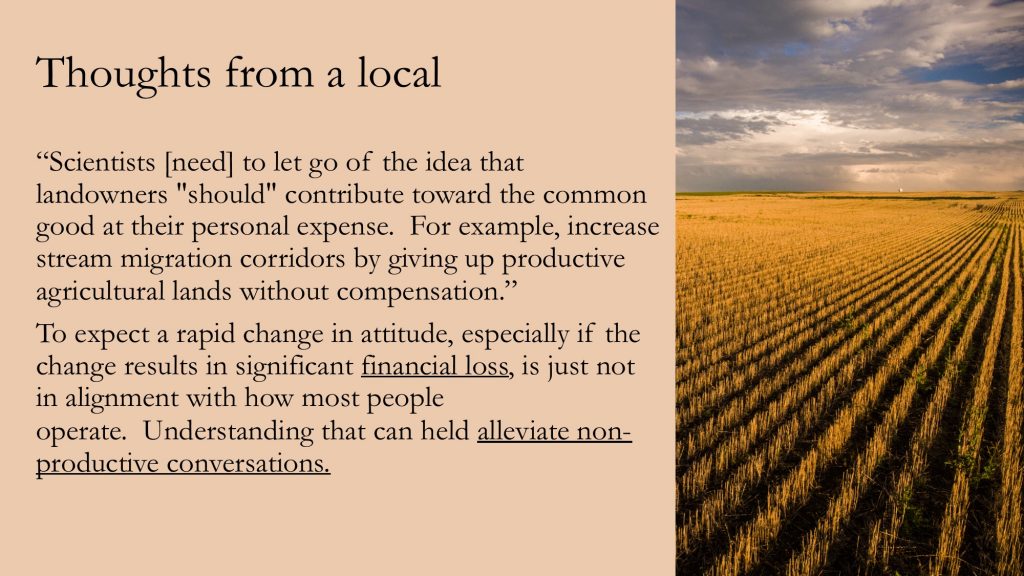
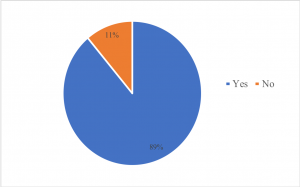
I am very grateful for the help given to me during this project by Cleo Woelfle-Erskine (SMEA), Miriam Bertram (PCC), Darcy Widmayer (NWCASC), Mary Ann Rozance (NWCASC), and Betsy Stapleton (SRWC).
Susannah Maher is a graduating second year at the School of Marine and Environmental Affairs at UW. Her focus is on combining downscaled climate models with local salmon restoration projects such as the ones taking place in the Scott Valley, CA. Recognizing the increasing importance of planning for future climates, she hopes to continue her work in restoration in the PNW.
Susannah presented this GCeCS capstone project in the 2020 PCC Spring Symposium. You can watch her presentation here.